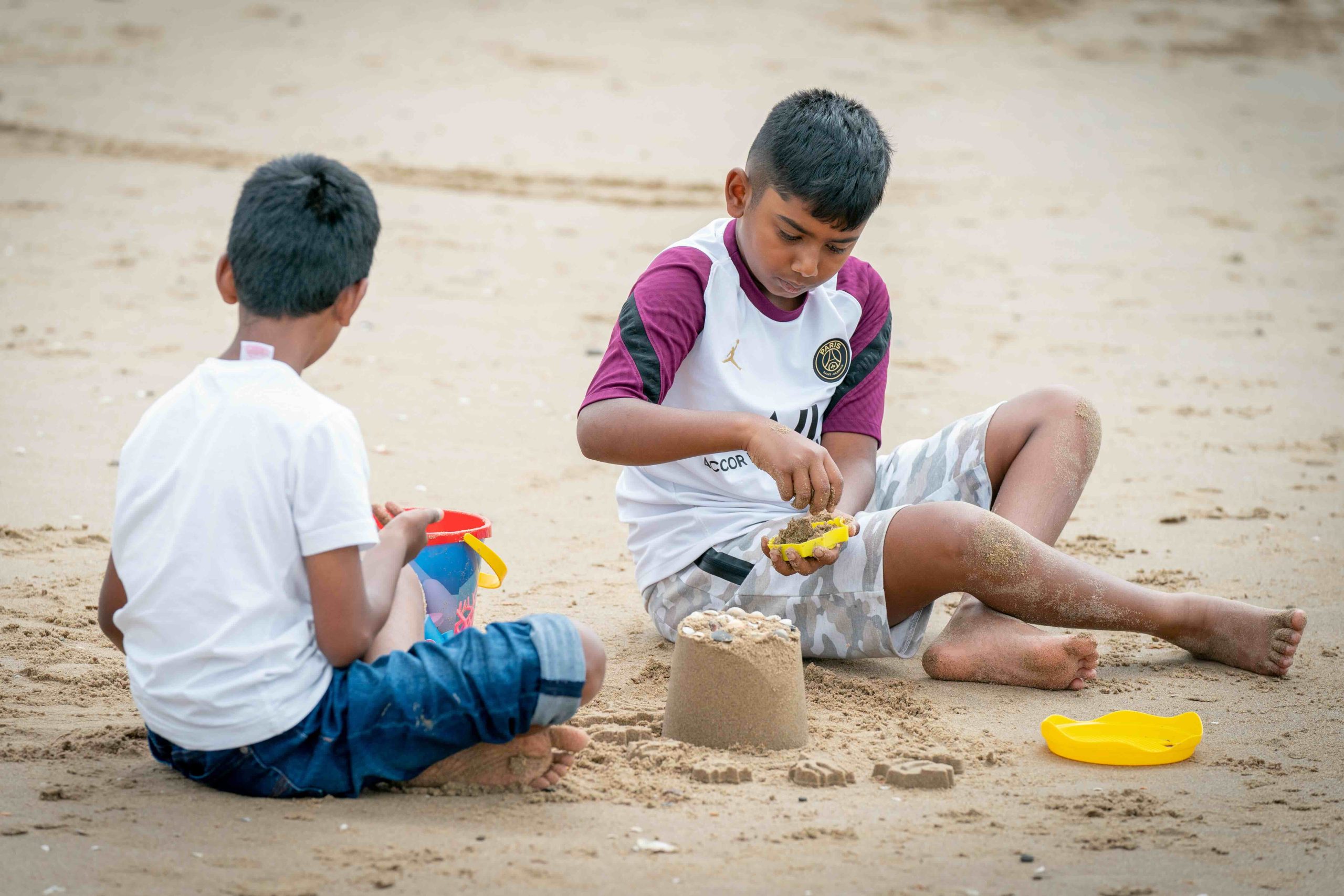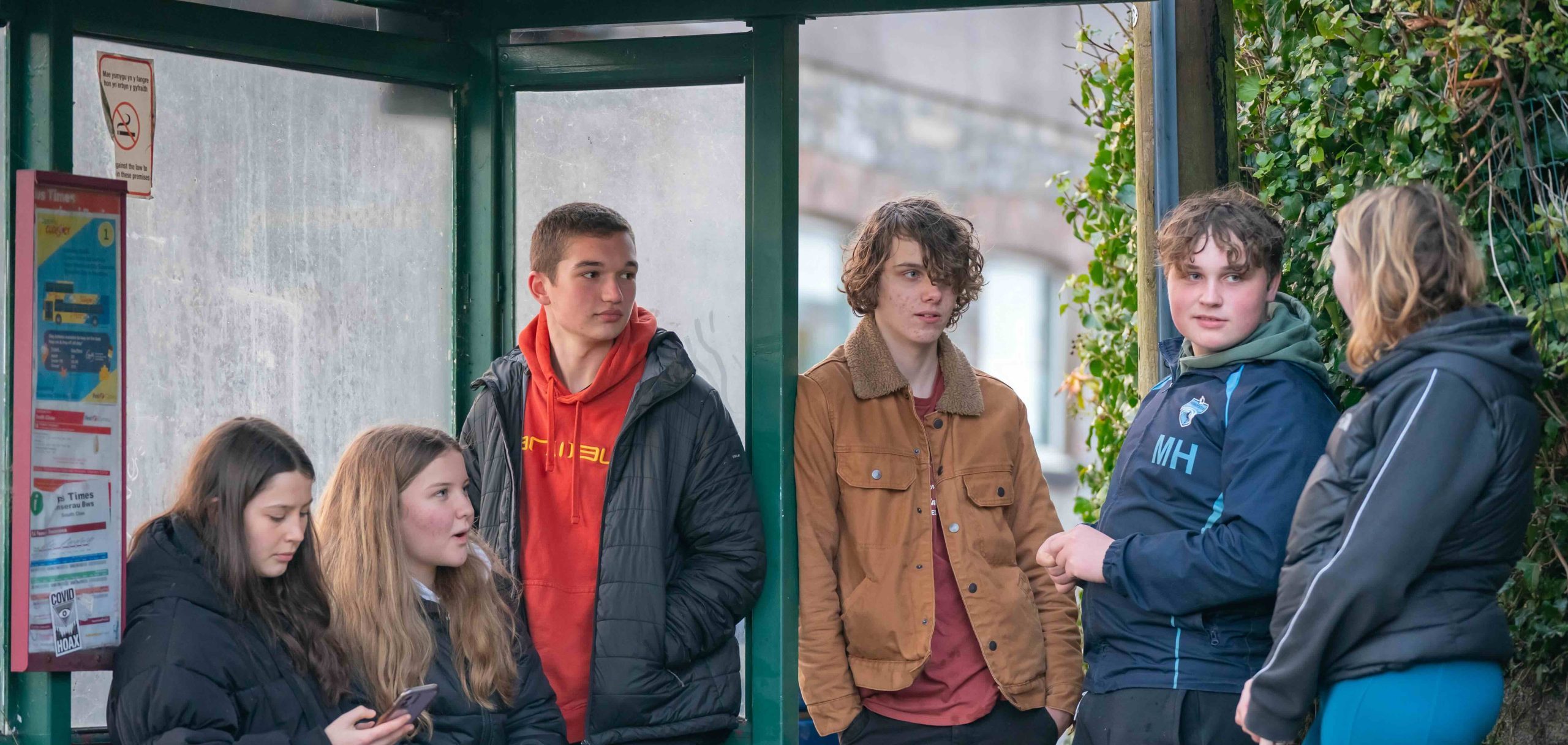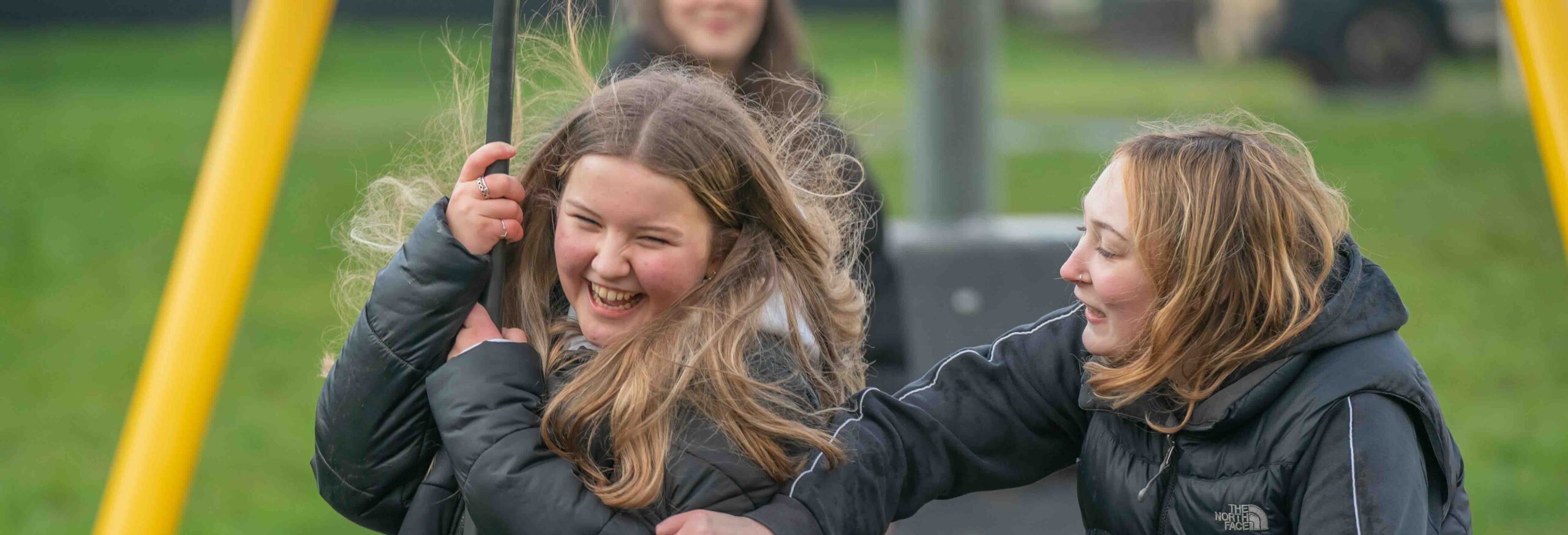All about play
Trips and holidays with teenagers
If you are able to get away for a day trip, outing or holiday with your teenage child it can feel quite special. As your children get older you might start to feel that you won’t have many more trips or holidays together, in the way you did when they were younger.
Trips and holidays can be a chance for your child to relax away from any pressures at school or their peer group. You don’t need to travel far away to find a new or interesting place to explore together.
Getting the most out of trips together
- Remember they might not want to do the same things as you or younger brothers and sisters.
- Be interested in their suggestions and ideas of what to do and where to go. You might all need to compromise to agree plans together.
- Discuss expectations in advance. For example, do all the same rules that apply at home apply on the trip?
- Talk about budgets in advance so you both have an understanding of how much spending money there is for treats and activities.
- Leave each other some time and space to do your own things.
- Have some down time for relaxing and chilling out.
- Let them know that you are enjoying spending time with them.
Teenagers organising their own trips
Teenagers may start to organise their own day trips and outings such as visiting people in other areas, going to festivals and concerts, or camping overnight.
It can be very rewarding to know that your teenager is gaining confidence to do these things and has the skills to make arrangements. It can also be worrying for you as a parent or carer, and you’ll want to feel confident that they know how to handle different situations.
It might be helpful to go over your usual discussion points, such as:
- what they can do if they feel at risk or something goes wrong
- they will let you know if they are going to be late getting home
- they will check in with a text or call at set times
- you will be at a certain place at a certain time to check in with them
- they are with who they say they will be
- they go to the place they said they were going.
If you feel that a planned trip is a big leap from what your child has experience of, you could help them by:
- suggesting a smaller or shorter trip first
- making sure they have gained experience of public transport
- trying the route out in advance
- making sure they know how to ask for or call for help.
You could make up some scenarios to encourage them to think about potential situations that might arise and what options they have to tackle them. For example:
- You’ve arrived at the venue and realise you’ve lost your ticket. What could you do?
- The festival site is much busier than you expected. What can you do to avoid getting separated from your friends?
- You are miles from the bus stop and a friend of a friend offers you a lift. How would you decide whether to take it?
Time spent thinking through plans and options is worthwhile preparation though you can’t cover every possible situation that comes up. Teenagers learn through experience and will draw on their own skills and solutions if they need to work things out or get into scrapes.
Even if you are nervous, you can see them off on a positive note, showing you have confidence in them.













